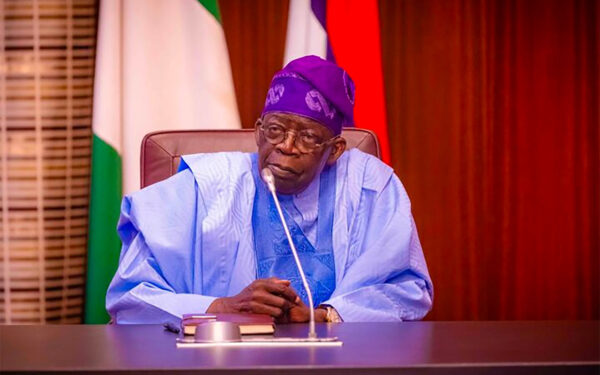President Bola Tinubu announced a significant directive on Tuesday, unveiling a comprehensive plan to reduce both the frequency of his official visits to states within the country and the number of accompanying officials on international trips. This strategic move aligns with his commitment to addressing government wastage, curbing recurrent expenditure, and ensuring that officials adhere to principles of prudence and cost management, a departure from past practices.

The scope of this cost-cutting initiative extends beyond the President’s office, encompassing the offices of the vice president and the first lady. Under this new development, President Tinubu stipulated that only 20 individuals would be permitted to accompany him on any official foreign trips. This marks a substantial reduction in the entourage size, emphasizing a more streamlined and efficient approach to official travel.
Similarly, the number of officials accompanying the Vice President and the Wife of the President on official trips abroad has been capped at a modest five persons each. This deliberate measure aims to optimize resources and enhance accountability within government travel arrangements.
President Tinubu further approved specific limits for official trips within the country. Only 25 individuals will be allowed from his office, 15 from the Vice President’s office, and 10 from the office of the First Lady when embarking on official trips to states within Nigeria. This demonstrates a commitment to not only reducing the overall numbers but also ensuring that travel delegations are more focused and purpose-driven.
Providing additional insights into the rationale behind these directives, Presidential Spokesman Ajuri Ngelale highlighted the need to address the substantial bills associated with allowances and estacodes for delegations, including security details, traveling from Abuja. Ngelale explained that the President’s protective detail during state visits would primarily consist of security outfits within the respective states, such as the police, DSS, or branches of the military. This strategic shift in security arrangements is expected to contribute significantly to the cost-cutting initiative.
Moreover, the cost-cutting measures extend to international travels by ministers of the Federation. Limits have been set for ministers and heads of agencies, with a specified number of accompanying staff allowed on official trips. For instance, ministers can be accompanied by four members of their staff, while heads of agencies are limited to two members on official trips.
Conclusion

Tinubu
These directives represent a comprehensive and far-reaching approach to streamline government spending on official travels, emphasizing fiscal responsibility and resource optimization. President Tinubu’s commitment to these measures reflects a broader vision for a more efficient and accountable government in Nigeria, as reported by guardian.ng










